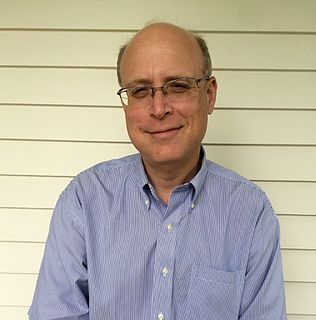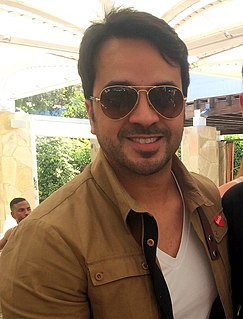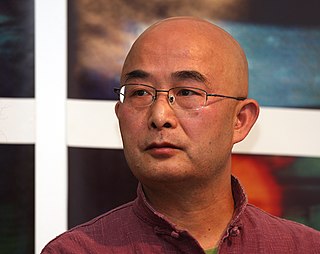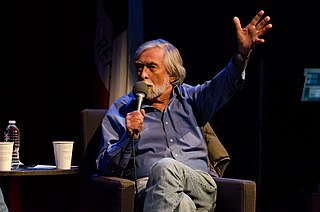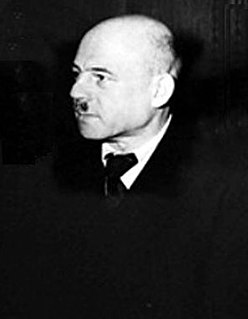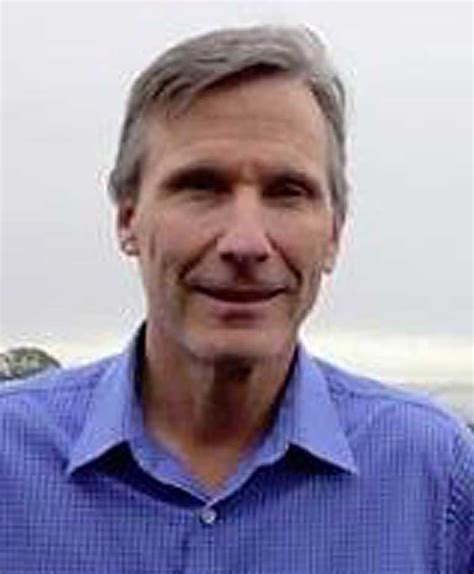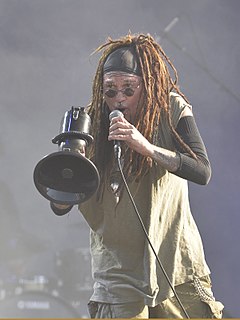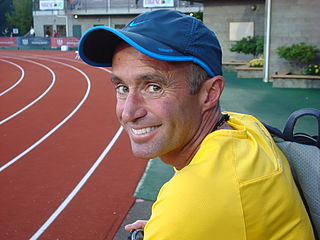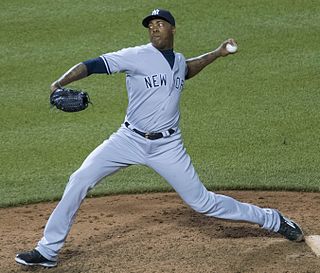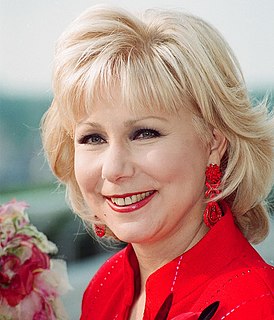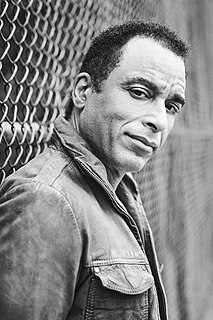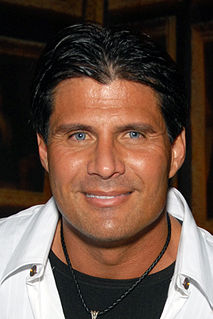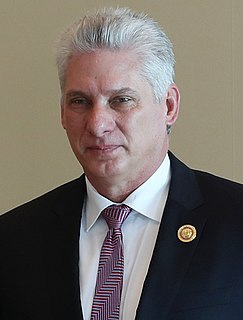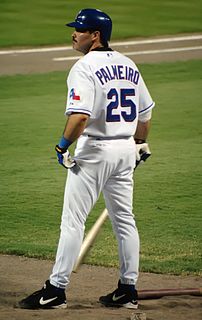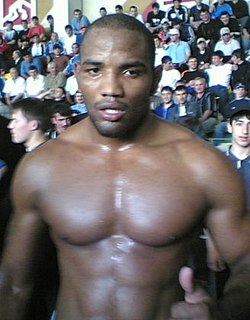A Quote by Alejandro Castro Espin
There is the case of Henry Kissinger who was a known scholar who later became the National Security Advisor to President Nixon and later on Secretary of State. He received the Nobel Peace Prize for his role in establishing relations between the U.S. and China. At the same time that he was doing that he was also encouraging all sorts of covert actions against Cuba including political assassinations. This contradiction is one that is hard to understand.
Quote Topics
Actions
Advisor
Against
Also
Became
Between
Case
China
Contradiction
Covert
Cuba
Doing
Encouraging
Establishing
Hard
Henry
Henry Kissinger
His
Including
Kissinger
Known
Later
National
National Security
Nixon
Nobel
Nobel Peace Prize
Peace
Political
President
President Nixon
Prize
Received
Relations
Role
Same
Same Time
Scholar
Secretary
Security
State
Time
Understand
Related Quotes
There is a widespread view among the liberal intelligentsia to the effect that Henry Kissinger, U.S. National Security Advisor from 1969 to 1975 and Secretary of State from 1973 to 1977, was a bad man. That may even be an understatement. In this fashionable consensus, he is not just a bad man: he is a war criminal.
National Review once opined, many years ago, that, every year, the Nobel peace prize should go to the U.S. secretary of defense: The American military is the number-one guarantor of peace in the world. But maybe something like a Nobel freedom prize would be a more appropriate award for Reagan than a peace prize.
In 2006, I became the fist American to be allowed to go visit their astronaut center in China in Beijing. I think that it makes sense for the U.S. to work with China in the future and I hope to see, if the political atmosphere between the United States and China allow for us to do more cooperation together, especially in the area of human space flight. I think in the same way that it's help improve the relations between the U.S. and Russia; it would help to improve the relations between the U.S. and China.
Within days of Richard Nixon's inauguration in January 1969, national-security adviser Kissinger asked the Pentagon to lay out his bombing options in Indochina. The previous president, Lyndon Baines Johnson, had suspended his own bombing campaign against North Vietnam in hopes of negotiating a broader cease-fire.
The only person Henry Kissinger flattered more than President Richard Nixon was Mohammad Reza Pahlavi, the shah of Iran. In the early 1970s, the shah, sitting atop an enormous reserve of increasingly expensive oil and a key figure in Nixon and Kissinger's move into the Middle East, wanted to be dealt with as a serious person.
Similar questions were posed to Allende as to me. Allende was told that he blamed everything on a conspiracy, on the economic crisis, that he blamed the high inflation that sabotaged him on the United States, and that he was frequently accusing the little lambs of Nixon and Kissinger of a coup. But everything became known later.
I won't lie, I didn't know there was a concert. I've always known about the Nobel Peace Prize and the different prizes given out for science and this and that, but I didn't know there was a concert the day after. When they said, 'You're going to perform in Norway for the Nobel Peace Prize concert,' I was like, 'All right, I'm there.'
I'm going to keep talking about what I would do as president, the experience that I bring, the temperament and judgment that led President [Barack] Obama to ask me to be secretary of state after we ran a really hard primary against each other. It's funny to me, because when I have a position, whether it's first lady, or senator, or secretary of state, and I'm doing the work, I'm really quite popular.
Two years ago I was on the train from Berlin to Frankfurt when I heard that the Nobel Peace Prize had been awarded to my close friend, the writer Liu Xiaobo, who is imprisoned in China. To me it was confirmation that universal values and a moral code do exist, and that the point of the Nobel Prize is to encourage writers to stand up for this moral code. Last Thursday I was once again on the train from Berlin to Frankfurt when I heard that the Nobel Prize for Literature had gone to Mo Yan. He is a state poet. I am utterly bewildered. Do these universal values not exist after all?
Richard Nixon even before becoming president, before meeting Henry Kissinger, he said, "This is ridiculous. Communism is nationalist. The Chinese and Russian and Yugoslav and Cuban and - none of these communists get along, and the Koreans and the Vietnamese, and we can do business with them." And then he opened up to China, and that's when the Cold War started.



